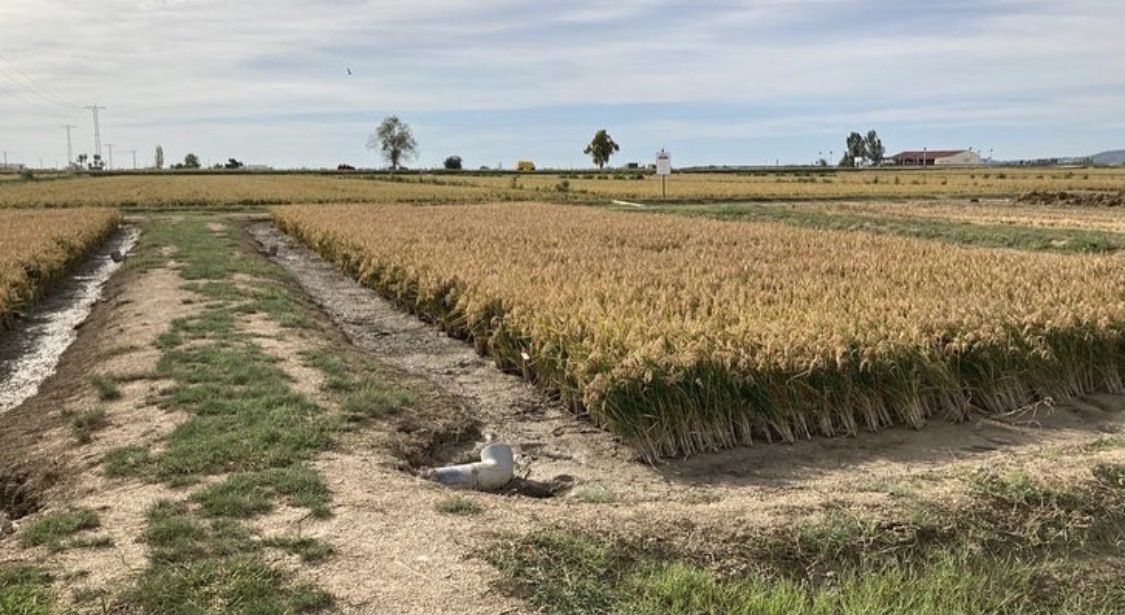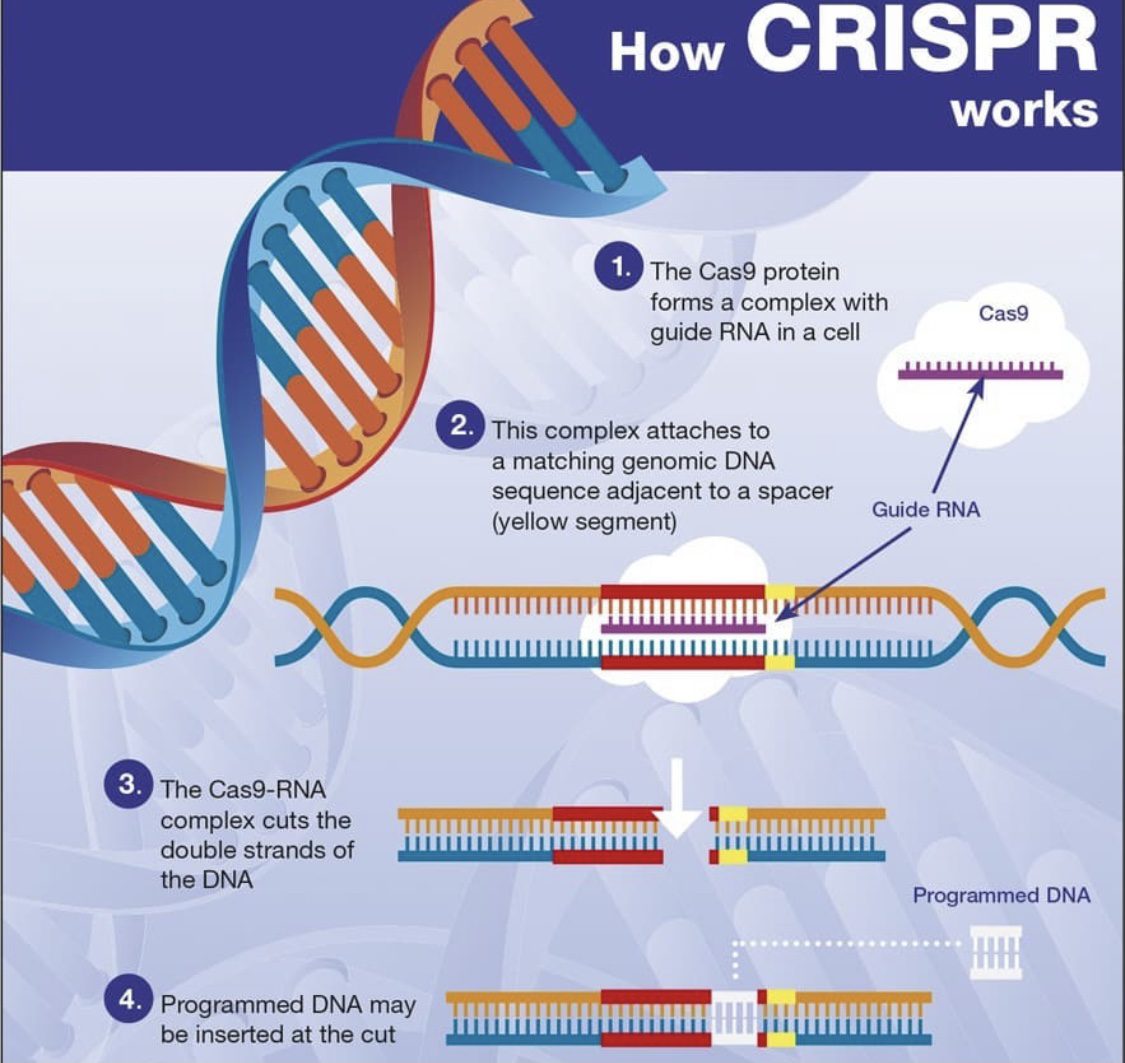Climate change endangers rice cultivation. For this reason, experts in the sector are looking for tools that adapt it to the new cultivation characteristics. One of them is the CRISPR gene editing tool. However, the European Union is not in favor of passing it. Do you need more info? We give it to you.
Climate change and rice cultivation
Rice is one of the main foods of the world population. Being, even, the only resource that many people choose. What's more, it is a product that depends on the environment for its cultivation. However, this process in turn greatly affects climate change. This is because needs a lot of water and produces the 10% of global methane emissions. Gas that is emitted into the atmosphere and helps create the greenhouse effect.
Likewise, burning rice straw causes serious consequences on the environment. In the Albufera Natural Park of Valencia, thousands of tons of this straw is accumulating. Due to a ban issued by the European Union. Argued by the high polluting effect of this burning. This set of waste, in the process of decomposition, It practically wiped out all the oxygen in the water.

Causing high fish kills. Also, high emissions of methane were sent into the atmosphere. This is an example of a case that occurs in Spain. However, other countries such as the United States, Mexico, Colombia or Peru suffer the same situation. At the same time, this climate change affects rice cultivation. Because raises the sea level, thus increasing the salinity of coastal areas, deltas and mouths. Areas where rice is grown.
Opportunities of gene editing
The consequences of climate change directly threaten the rice sector. Placing it in risk of disappearance. That is why various alternatives gene editing. With the aim of adapting rice to this environmental change. However, more than a hundred international experts in rice genetics have expressed their fear that European legislation will stop the idea. Meeting at the 18th International Symposium on Functional Genomics of Rice.
“Rice, the main food for many of the world's population, is a crop that, on the one hand, it contributes to climate change, and on the other is especially threatened by himself”Explains Blanca San Segundo, CSIC research professor at the Center for Research in Agrigenomics. "To overcome these difficulties it is necessary to introduce new strategies to maintain the competitiveness of rice cultivation, without affecting these natural spaces ”adds San Segundo.
“In the symposium we have seen that use the gene editing tool CRISPR it is absolutely doable in rice and can bring you many advantages: varieties improved in starch and amylose content, more tolerant to salinity or resistant to some of the pathogens more common". "Although," it should be done in parallel to recovering varieties that may be better adapted to current environmental conditions and needs, "Blanca ends up explaining.

Obstacles
The expert on issues of the European Food Safety Authority, Josep María Casacubierta has spoken on the subject. Explaining so the use of these new genomic editing tools "does not conform well" to European legislation. In addition, it has contributed that economically it is practically unviable. Since the process of approving crops published in Europe carries a high cost. Also, it would not give time because it is a long process.
However, the researchers are not satisfied with the idea of Casacubierta. Ensuring that the genetic modifications produced by the CRISPR tool are safe according to the European Directive. That is, they could be the same as those produced by traditional mutagenesis methods. The latter are considered safe techniques by the Directive itself.
🌾Colombia 🇨🇴 and the United States 🇺🇸 approved for use genetically edited rice through the CRISPR / Cas9 technique, to resist one of the most serious bacterial diseases of this crop: bacterial blight.
👉https://t.co/J2oGlHgRys pic.twitter.com/fpPM56c76A- Alliance of Bioversity International and CIAT (@BiovIntCIAT_esp) September 16, 2020
What all those attending the symposium agree on is that “it is necessary to update this legislation based on current scientific knowledge, and train the consumer to understand that plants, like us, also have genes and mutations ”.
At # ISRFG2021, international experts in #genomics of the #rice, demonstrated the tool #CRISPR can bring many advantages to this crop: varieties more tolerant to salinity, resistant to some of the most common pathogens, etc. #genic editing https://t.co/4GtC15rXX7
— CRAG (@cragenomica) November 12, 2021
During the symposium positive study and research results were presented. Furthermore, we add that the European Union allows other similar gene editing methods. Whereby We agree with the opinion of attendees of the need to change or update European regulations. Climate change is a latent and observable problem to which we must seek solutions. It is necessary to look for tools that allow us to adapt.
However, you also have to look for methods that prevent causing it. In our opinion, the industry is very responsible for these impacts. Therefore, while looking for "survival" techniques, we should investigate ways to stop it. What do you think?






